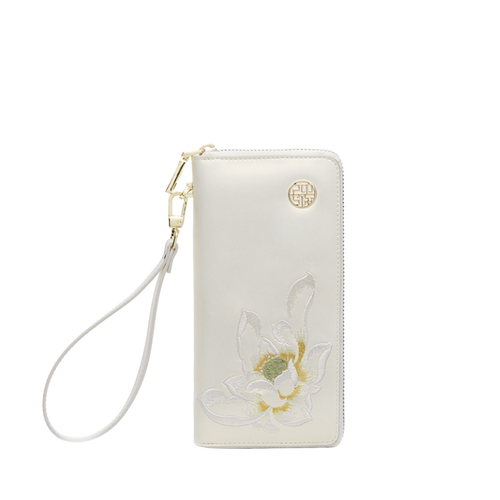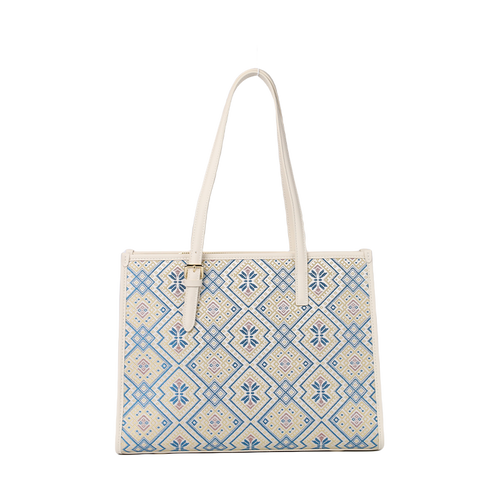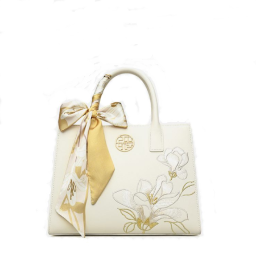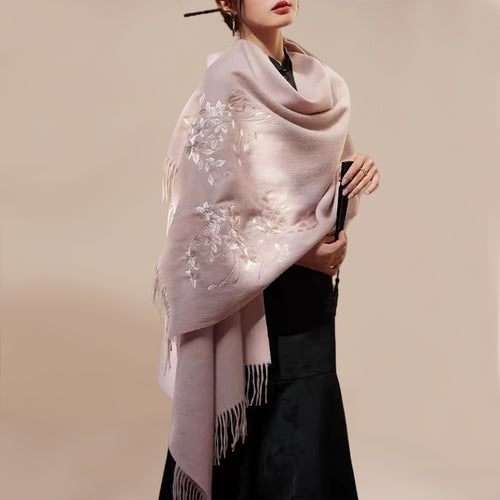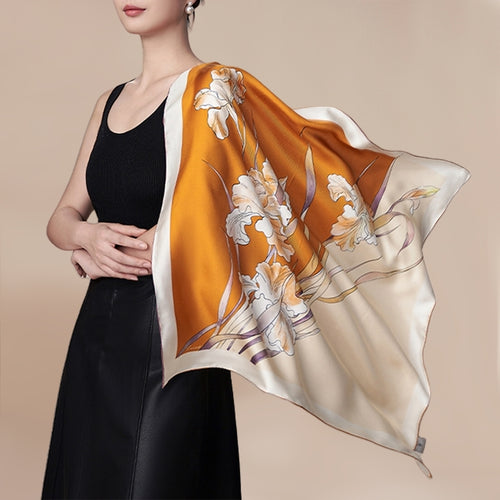China is a country with a rich history of civilization spanning five millennia, and its abundant cultural heritage and unique traditional customs have been passed down from generation to generation. In this article, we will delve into three main aspects of China's intangible cultural heritage: literature, medicine, and lifestyle, to provide you with a better understanding of China's history and culture.
I. Literature
The literature category within China's intangible cultural heritage encompasses a wealth of historical writings and literary works. Ancient poetry, folklore, stories, proverbs, and more are all significant components. These literary works not only possess great artistic value but also encapsulate the wisdom and emotions of the Chinese people.
For instance, classics such as "Classic of Poetry," "Chu Ci," and "Tang and Song Poetry" are treasured ancient poems that stand as classics in Chinese literature. These poems showcase the aesthetic preferences of ancient Chinese, while also reflecting the social customs and people's lives of that time.
Furthermore, folk tales and stories are also precious gems in China's intangible cultural heritage. Often set against a backdrop of historical figures or folk customs, these stories both entertain and impart moral values and life wisdom. Examples include tales like "The Legend of the White Snake," "The Cowherd and the Weaver Girl," and "Meng Jiangnu Weeping at the Great Wall." These tales not only carry romantic elements but also hold profound cultural and historical significance.

II. Medicine
The field of medicine within China's intangible cultural heritage is vast and profound, with traditional Chinese medicine theory and practice playing a pivotal role. Traditional Chinese medicine emphasizes the harmony between heaven, earth, and humanity, focusing on prevention and treatment while employing a holistic approach and dialectical treatment.
Acupuncture, cupping therapy, massage, moxibustion, and other traditional Chinese medical treatments have gained wide recognition and application globally. These methods, which are non-pharmaceutical and non-invasive, help patients alleviate pain and are increasingly favored by people seeking alternatives to modern medicine.
In addition, the cultivation and processing of traditional Chinese medicinal herbs are integral to the practice. The quality and efficacy of these medicinal herbs directly impact the effectiveness of traditional Chinese medicine. Thus, traditional Chinese medicine emphasizes the importance of high-quality herbs and proper processing to ensure the best therapeutic outcomes.

III. Lifestyle
The lifestyle category within China's intangible cultural heritage covers folk literature, traditional medicine, the Chinese zodiac, traditional etiquette, feng shui, and more. These customs and etiquettes play a vital role in people's lives, reflecting the wisdom and emotions of the Chinese.
Folk literature, with its oral tradition and regional variations, enriches the spiritual lives of the Chinese. Stories, proverbs, and ballads from folk literature not only serve as topics of conversation but also serve as a means to preserve culture and history.
Traditional medicine contributes significantly to safeguarding people's health. Traditional Chinese medicine, as the representative of traditional Chinese medical practices, provides essential support for people's well-being. Furthermore, the principles of health preservation are also a part of traditional medicine. Traditional Chinese medicine promotes a healthy lifestyle through concepts like balanced nutrition, moderate exercise, and emotional well-being, aiding people in maintaining health and longevity.
The Chinese zodiac is an integral part of China's traditional calendar, demonstrating reverence for time and respect for nature. Each zodiac animal carries its unique symbolism and auspicious meanings. For example, the dragon symbolizes authority and nobility, while the rabbit embodies gentleness and agility.
Traditional etiquette is a vital component of Chinese traditional culture. Etiquette emphasizes harmonious and respectful interpersonal relationships, highlighting the solemnity of ceremonies and the expression of emotions. From life-cycle ceremonies such as births, weddings, and funerals to festivals and rituals, traditional etiquette permeates various aspects of people's lives.
Feng shui is a critical theory and practice in ancient Chinese environmental planning. Feng shui asserts the interconnection between human beings and their surroundings, emphasizing harmony with nature. Feng shui principles have played essential roles in Chinese architecture and garden design, providing a favorable environment and auspicious fortunes for people.

This comprehensive overview of China's intangible cultural heritage illustrates the depth and breadth of its historical and cultural legacy. These traditions and practices have not only shaped China's identity but also continue to influence the world today.



